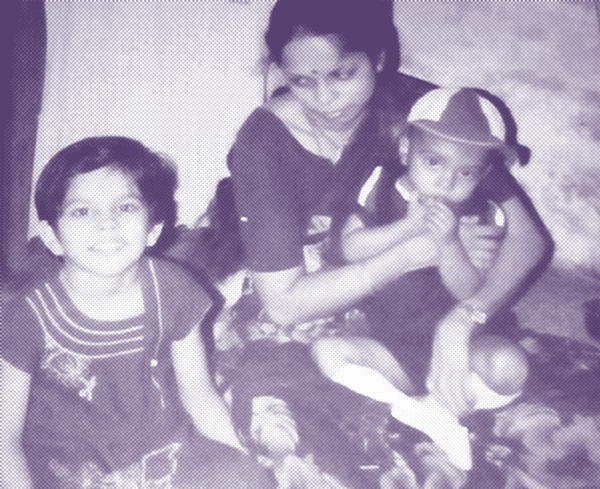Post by Gauri Joshi
I have a confession to make. That for the longest time I have misunderstood the word ‘feminism’.
I thought feminism is about speeches and protests. That a feminist is a woman who verbally lashes out at every given opportunity to tell the world that women and men are the same and hence deserve the same opportunities and the same advantages. I couldn’t have been more wrong.
Today, this is how I understand and define ‘feminism’. Feminism is about believing that despite physical, emotional (and hormonal) differences, men and women are still equal. ‘Equal’ doesn’t mean the ‘same’. It simply means ‘equal’.
An occasional snide comment by a husband to ‘put his wife in her place’ was standard.
It’s only in retrospect that I see my mother, who never said a word about equality and yet, brought up a son and a daughter, with equal measures of love and self-confidence. That wasn’t all. While growing up, in front of us everyday, were a husband and a wife — sharing responsibilities, ideas, conversations and chores – in equal measure.
It might not seem like a big deal today. But thirty years back, in a small town in India, it was a big deal. All around us were stereotypes of ‘wives’ and ‘husbands’ doing the ‘wifelike’ chores and ‘husbandlike’ duties. An occasional snide comment by a husband to ‘put his wife in her place’ was standard.
To be honest, my mother was still the one cooking and my father was still the one fixing the plumbing, but somehow, these lines blurred when the situation demanded differently. So one day, my father would do the dishes, my mother would go to the bank. Or my father made breakfast while my mom rushed out for some work.
Also Read: The Nightmare Of The Noveau Motherhood Cult: WhatsApp, Lunchbox Snacks And Themed Birthday Parties
We did not see them discussing these arrangements at length. So to us, it felt like they worked in a quiet rhythm, taking up each other’s responsibilities as was required, making us feel like it was the most natural way to live.
My mother worked, earned money, so did my father. My mom discussed politics, so did my father. My mom did the dishes, so did my father. We never thought any lesser of our father for being equal to her. Actually as I grew up, I respected him even more, for how he saw things.
My mother worked, earned money, so did my father. My mom discussed politics, so did my father.
Perhaps, it was my Aaji, my dad’s mother, a woman of great strength and resilience who earns the credit for my Dad’s world-view, which I believe is different from many men his age. Having lost her father early and having been forced to live with her maternal uncle, she grew up with a keen sense of obligation towards the world.
Married early, she educated herself and earned a B.Ed while having three kids to bring up and feed. She became a teacher and kept at it, till the last days of her life. Sixty years back, that was a huge deal. It is women like these, that bring up sons like my dad, my brother and daughters like me.
All I want is — to be able to bring my daughter up with the same ethos. I want her to believe in a world where men and women are not the same. They are simply ‘equal’. She is free to pick and choose – her hobbies, her friends, her career, her partner, regardless of her gender. I want her to be a feminist. Just like me and all the women of her family before her.
Also Read: Being A Feminist Mother Is A Liberating Experience
Gauri Joshi is an art director and creative strategist at an ad agency, mother of a 6 year old, avid reader and a sci-fi enthusiast.
This piece was originally published on Medium.
About the author(s)
Guest Writers are writers who occasionally write on FII.




